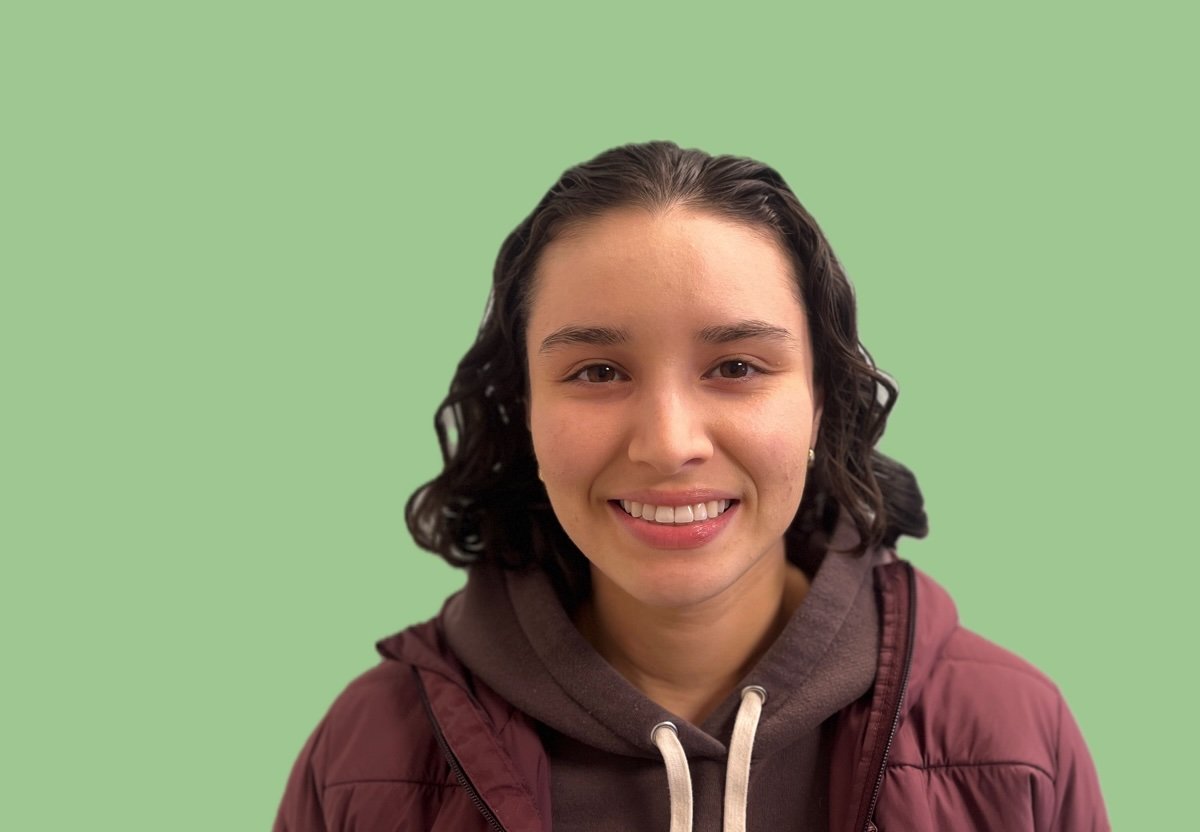Tutor Spotlight: Isaac Ducker
Meet Isaac.
After more than a year of supporting students through distance learning, we caught up with one of our expert tutors to hear about his experience. Isaac offers personalized support for middle school and high school students, whether they’re preparing for the SAT or ACT, strengthening executive functioning and study skills, or drafting a college essay.
What's one thing you love about tutoring?
I love seeing how connections between different age groups can allow me to become a better tutor and educator for all. For example, when one of my fifth grade students questioned why the area of a circle is equal to pi multiplied by the radius squared, it enabled me to more effectively reinforce and explain this concept to my students in an SAT Small Group. Successfully solving the trickier Math problems on the SAT requires students to have flexibility in their math thinking. It’s usually not enough to have memorized the equation for the area of a circle (although that definitely helps!). Understanding the “why” of the equation, even though it may at first seem simple, allowed my Small Group students to more confidently approach SAT problems that present familiar concepts in unfamiliar ways. I love how tutoring a range of age groups and subjects creates a learning ecosystem that enables both students and tutors to grow.
If you want to see the visual proof of the area of a circle, click here.
How do you keep students engaged in online tutoring sessions?
I recently transitioned from tutoring both in-person and online to tutoring entirely virtually. I’m really excited by the goal of providing an online tutoring experience that is equally engaging and personal. One of the primary ways I keep students engaged in online tutoring sessions is utilizing the massive amount of information and tools we have at our disposal. This could include everything from recommending a Youtube series on imaginary numbers to color coding the solutions to tricky math and science problems with the iPad’s highlighters. I find that being able to see problems solved in an aesthetically pleasing manner always increases comprehension. I’m always looking for new ways to make educational technology more accessible, intuitive, and appealing.
What's one study tip every student should know?
Make sure to take breaks and pay attention to your posture and alignment when studying as much as possible. When we are driven by results and deadlines we often ignore messages of discomfort from our bodies. Additionally, most of the tools and learning environments we engage with daily are not ergonomically designed, although that is beginning to change. Taking breaks every thirty minutes or so to walk around, stretch, and bring awareness to your body’s position will keep your body (and mind) flexible, resilient, and strong.
What was your favorite class in high school and why?
My favorite class in high school was my sophomore honors English class. My teacher, Mr. Garner, always had a portion of our final be a performative banquet. All of the students in the class were required to dress up as a character from one of the novels or plays we had read that semester. For an entire class we would engage in a socratic debate in costume and in character. Mr. Garner included a lot of formal requirements, too. You lost points if you broke character, you had to integrate quotes from the text that your character said, and your position in the debate had to reflect your character’s philosophical and moral standpoints. It was an extremely effective exercise in rhetoric and applied textual analysis, and it also created a state of play in the classroom. This class, and this exercise in particular, consistently remind me that we learn best when we approach learning with a mindset of joy and child-like discovery.
Can you share an example of a student you were proud of for reaching their goals?
One of my first Study Skills students had ADHD and struggled with organizing and turning in assignments for the entirety of his academic career. He would succeed on assignments when he knew what he needed to do given a certain amount of time, but scheduling that time was nearly impossible for him. The primary focus of our Study Skills sessions was to identify tools and systems that would allow him to plan ahead and schedule appropriate blocks of time to complete his work.
At first, after we had established organizational tools like Google Calendar that worked well for him, I guided him through his week, identifying potential time slots in his busy schedule during which he could tackle assignments. By the end of our program together, I was no longer guiding him through the details of scheduling. He would come to our sessions with an understanding of how long his assignments were going to take, when he would schedule them, and how they would fit in with his myriad other responsibilities. It was incredible to watch how much he was able to grow his ability to plan for himself in the long and short term given a stable scheduling system. By the end of our time together, it was a rare occurrence for him to turn in an assignment past the deadline.
What do you admire about your students?
I am constantly inspired by my students’ commitment to and enthusiasm for learning in new environments and challenging circumstances. This year has been difficult for everybody, especially those in education, and it has given me hope to see how adaptable, tenacious, and enthusiastic the students of Portland have been.



























